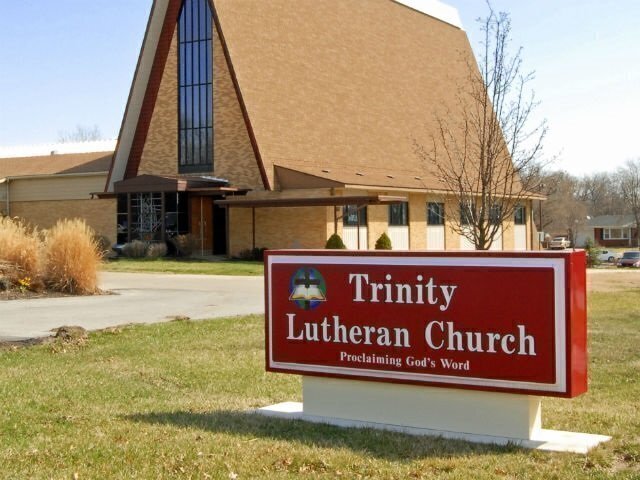A divided Supreme Court said on Monday that a Missouri church had a right to receive a public grant for rubber playground materials, but it stopped short of determining if the state’s Blaine Amendment was unconstitutional.
 In Trinity Lutheran Church of Columbia v. Comer, Chief Justice John Roberts said that the Missouri Department of Natural Resources violated the church’s rights under the First Amendment’s Free Exercise Clause by denying it “an otherwise available public benefit on account of its religious status.”
In Trinity Lutheran Church of Columbia v. Comer, Chief Justice John Roberts said that the Missouri Department of Natural Resources violated the church’s rights under the First Amendment’s Free Exercise Clause by denying it “an otherwise available public benefit on account of its religious status.”
The case involved the constitutional question of whether a religiously-operated school has an equal right to take part in a state program of handing out materials made from used tires to be used as school playground matting. Such aid was barred for the school under the Missouri state constitution’s ban on any public aid to religion, even though the specific benefit had no religious content.
That provision in Missouri’s constitution is one of the Blaine amendments. The controversy over Blaine amendments has its origins in the presidential campaign of 1876. At the time, Republican candidate James G. Blaine sought anti-Catholic voters in his quest for the White House.
Blaine proposed a federal constitutional amendment that stated in part that “no money raised by taxation in any State for the support of public schools, or derived from any public fund therefor, nor any public lands devoted thereto, shall ever be under the control of any religious sect.”
Blaine’s effort for a national constitutional amendment failed in Congress, but many states over the years adopted their own “Blaine amendments” in their own constitutions. About 35 states now have some form of a Blaine amendment on the books.
In the majority opinion, Roberts said in one of his footnotes that the decision was limited in scope to just the issue involving the playground. “This case involves express discrimination based on religious identity with respect to playground resurfacing. We do not address religious uses of funding or other forms of discrimination,” Roberts said in the opinion’s footnote 3.
“The State in this case expressly requires Trinity Lutheran to renounce its religious character in order to participate in an otherwise generally available public benefit program, for which it is fully qualified. Our cases make clear that such a condition imposes a penalty on the free exercise of religion that must be subjected to the ‘most rigorous’ scrutiny,” Roberts concluded.
“The result of the State’s policy is nothing so dramatic as the denial of political office. The consequence is, in all likelihood, a few extra scraped knees. But the exclusion of Trinity Lutheran from a public benefit for which it is otherwise qualified, solely because it is a church, is odious to our Constitution all the same, and cannot stand,” Roberts said.
Two Justices, Neil Gorsuch and Clarence Thomas, objected to Roberts’ footnote, but agreed with the rest of his opinion. “Of course the footnote is entirely correct, but I worry that some might mistakenly read it to suggest that only ‘playground resurfacing’ cases, or only those with some association with children’s safety or health, or perhaps some other social good we find sufficiently worthy, are governed by the legal rules recounted in and faithfully applied by the Court’s opinion,” said Gorsuch.
Justice Sonia Sotomayor issued a strongly worded 27-page dissent, which was joined by Justice Ruth Bader Ginsburg.
“To hear the Court tell it, this is a simple case about recycling tires to resurface a playground. The stakes are higher. This case is about nothing less than the relationship between religious institutions and the civil government—that is, between church and state,” Sotomayor said.
“The Court today profoundly changes that relationship by holding, for the first time, that the Constitution requires the government to provide public funds directly to a church. Its decision slights both our precedents and our history, and its reasoning weakens this country’s longstanding commitment to a separation of church and state beneficial to both,” she concluded.
Justice Stephen Breyer concurred with Roberts’ controlling opinion. “Public benefits come in many shapes and sizes. I would leave the application of the Free Exercise Clause to other kinds of public benefits for another day,” he said.
In recent years, the United States Supreme Court has made it clear that states can relax some of their Blaine amendment provisions, and they can provide some forms of neutral aid to religious institutions.







